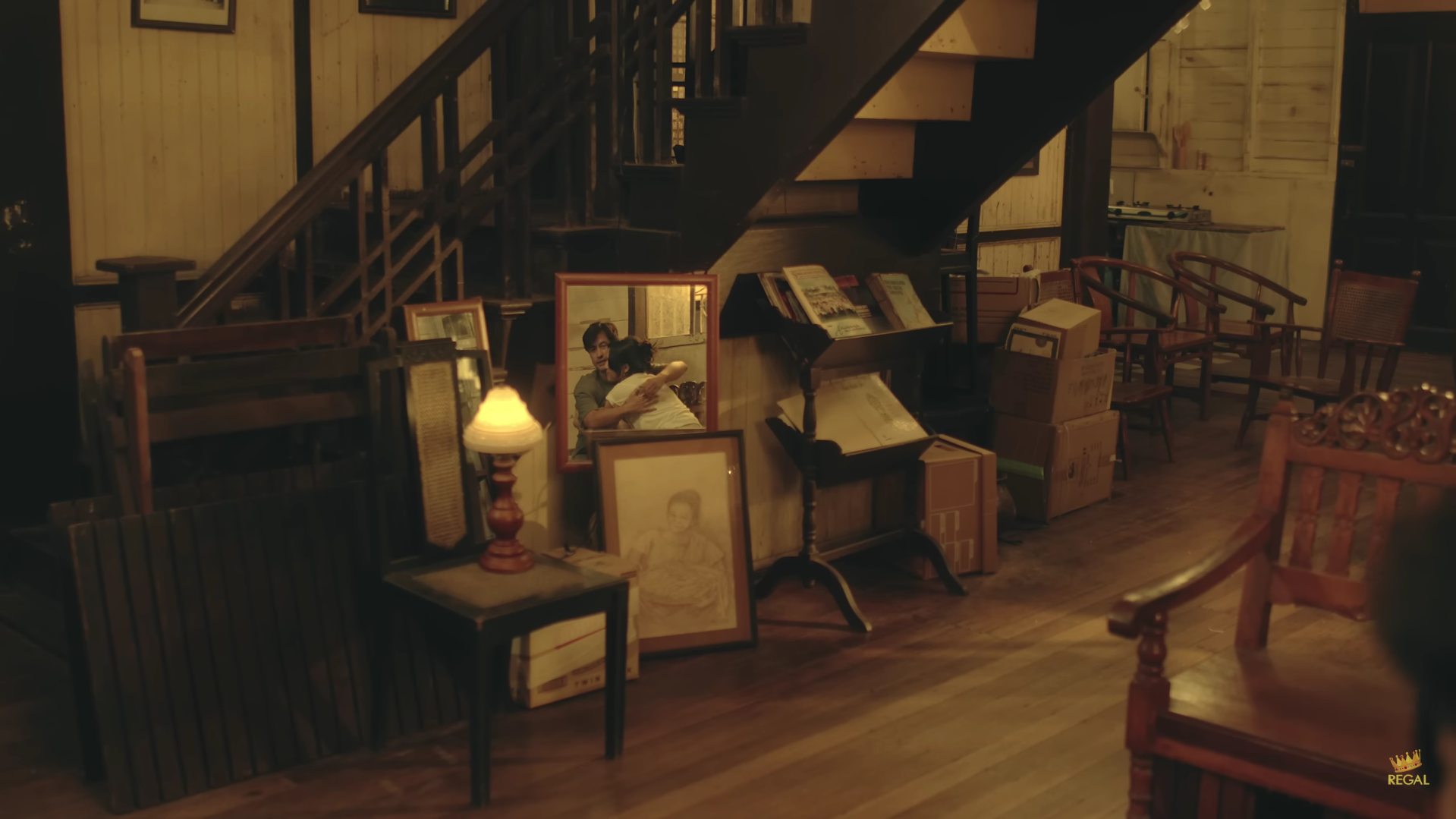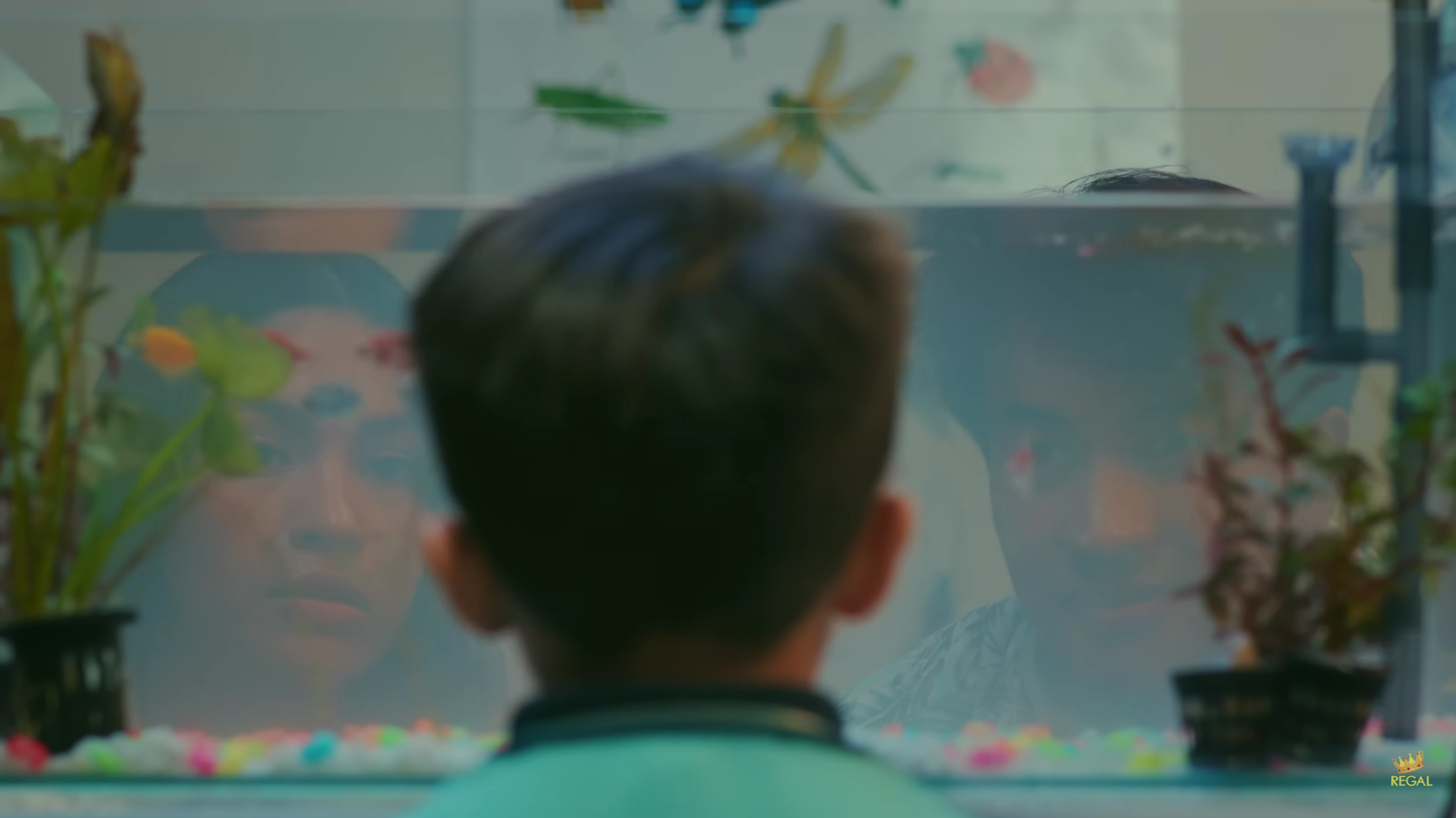TO BE young parents with little practical experience in life comes with multiple disadvantages in the real world.
But for Love Child, these disadvantages come to their own refuge, grounded on the hope that being young gives parents more time to be with their child and to improve as individuals.
Considered as the full-length directorial debut of Jonathan Jurilla, Love Child premiered at select Ayala Mall Cinemas as part of the 20th Cinemalaya Film Festival, which ran from Aug. 2 to 11. The film featured an original script that won first place in the Dulang Pampelikula category of the 71st Carlos Palanca Memorial Literary Awards.
Love Child captures the challenges of raising a child on the autism spectrum. The film vividly portrays how young parents, Ayla (Jane Oineza) and Paolo (RK Bagatsing), struggle to provide for their four-year-old son, Kali (John Tyronn Ramos), to meet his special needs.

Set in Silay, Bacolod, the young couple moves into an old residential house belonging to Ayla’s aunt. The film portrays the couple as one initially filled with excitement and eager anticipation of building a beautiful family life. However, as the film progresses, Ayla and Paolo become visibly exhausted by their financial struggles, underscoring the limited opportunities available them since they did not graduate from college.
A poignant scene shows Ayla filling out a form to enroll her son in a public special education school. A guardian approaches her only to ask intrusive and unnecessary questions about why they are not married, implying that God does not favor their relationship.
The couple’s environment magnifies the lack of boundaries that pushes them to their limit. An example of this is a scene where one of their neighbors advises them to consult magic such as faith healing, suggesting a demonic spirit might have possessed their son.
Love Child is a visual representation of the experiences of people who struggle with developmental disorders. The intrusion and unsolicited suggestions of their neighbors directly reflect a community indifferent to the struggles of autism.

As the film transitions to its second half, Ayla and Paolo’s conversations grow heavier, and the strong hues of blue evoke the sadness and melancholy of their financial struggles. Desperate to improve their situation, they courageously open a small coffee shop. However, the added responsibility overwhelms them, compounded by the fact that the parents themselves lack support and are unfamiliar with Kali’s disorder.
This mounts Ayla and Paolo to their breaking point. The tension culminates in the living room confrontation scene, where tight shots capture their frustrated expressions, brimming with dismay and anger. The low saturation and noticeable film grain make the audience feel the rawness of Ayla and Paolo’s conversation.
This powerful moment, also featured in the official teaser, shows them facing each other with swollen eyes while exchanging heavy sighs. Ayla’s heartbreaking question lingers in the air: “What if tama nga si mama, what if wala na lang si Kali?”
It is easily recognizable that honing a safer space for Kali meant paying three times of what they can afford—a luxury far beyond their reach. While the adversaries they faced may be predictable as it followed the familiar financial hardship plot, the film succeeded in emphasizing the broader issues of the government’s inability to create enough fair-paying jobs and the discrimination faced by those who lack undergraduate education.

Aside from raising awareness about autism, Love Child also explored the theme of labor migration. Ayla and Paolo struggle to find stable jobs. This forces one of them to seek opportunities abroad as a last resort, highlighting the sacrifices made by many families in search of a better life.
Initially, the film depicted the word “young” in a negative light, as Ayla and Paolo, being young parents, appeared directionless and unprepared. The film suggests that their youth is tied to an idealistic but flawed mindset, making them feel lost. This message and the film itself were very straightforward. Jane Oineza and RK Bagatsing’s performances as young parents were natural yet methodical. Despite the cheesy lines uttered by their characters, their portrayals were refreshing.
Ayla and Paolo’s relationship is consistently portrayed as that of an ideal couple, a perfect love match. And in the end, there is no doubt that Kali is the love child—conceived from love. But the couple’s moments of doubt revealed to the audience how their individuality has been lost, with their personal dreams put on hold.
This realistic storyline framed Love Child as a cognizance that although love can make one stay, it often demands difficult sacrifices, and most of the time, silent ones. F – Jaila Marjaan Abdul




bitin puta